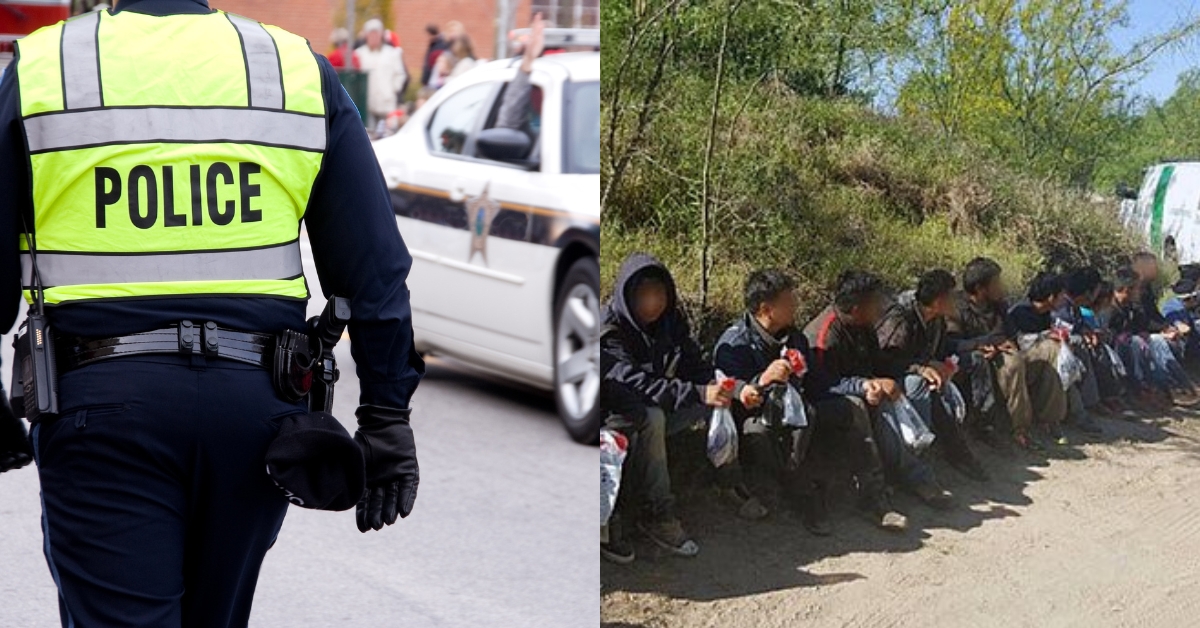
Federal Judge Slams FBI and Frees 4th Man Entrapped in Plot Concocted by the Agency
In a striking decision that questions the integrity of FBI operations, U.S. District Judge Colleen McMahon ordered the release of James Cromitie, a man convicted in a controversial post-9/11 terrorism sting. Cromitie, part of the infamous “Newburgh Four,” was implicated in an alleged plot to bomb New York synagogues and shoot down National Guard planes. However, this case is mired in controversy, with accusations of the FBI entrapping individuals by concocting the conspiracy themselves. McMahon had previously freed the other three men involved in the case over similar concerns.
Cromitie, who served 15 years of a 25-year sentence, was released after Judge McMahon’s scathing critique of the FBI’s use of an “unsavory” informant, Shaheed Hussain. Hussain, who has a history of controversial involvement in other stings, was deemed a ‘villain’ by McMahon, accused of exploiting vulnerable individuals for the sake of fabricating terrorist threats. This practice, often criticized as entrapment, raises serious questions about the methods employed by federal agencies in countering terrorism.
Judge McMahon also expressed strong skepticism about the role Cromitie and his co-defendants played in the alleged plot, stating that they would not and could not have independently devised a crime as serious as the one involving missiles, for which a 25-year sentence was mandated. Further emphasizing her doubts about the legitimacy of the FBI’s operation, she dismissed the idea of Cromitie being a ‘leader’ in the plot, citing his “well-documented buffoonery and ineptitude,” which casts serious doubt on the notion that he could have masterminded such a complex criminal endeavor.
The ruling highlights a crucial issue in the realm of national security: the fine line between preventing genuine threats and manufacturing crimes where none would have existed. Cromitie’s case, as portrayed by his attorney, Kerry Lawrence, and endorsed by Judge McMahon, seems to suggest a situation where the FBI, driven to show results in the post-9/11 era, might have crossed this line. Such actions not only undermine the credibility of federal agencies but also potentially violate the principles of justice and individual rights.
Moreover, the implications of this case extend beyond Cromitie and his co-defendants. It brings into focus the ethical boundaries of undercover operations and the responsibility of law enforcement to uphold the law without manipulating or coercing individuals into criminal activities they would not have otherwise engaged in. The FBI’s reliance on informants like Hussain, who himself became notorious following a fatal limo crash in 2018 involving his company, demonstrates a concerning dependency on questionable tactics and characters in intelligence operations.
This decision should serve as a wakeup call for law enforcement agencies to reassess their counterterrorism strategies. While the threat of terrorism is real and needs to be addressed proactively, it cannot be at the expense of the core values of fairness and justice. The FBI and other agencies must ensure that their methods do not devolve into entrapment, where individuals are baited into criminal acts for the sake of perceived security gains.
As Cromitie returns to his family, his case stands as a reminder of the delicate balance between security and liberty. It’s a call for accountability and ethical conduct in law enforcement, ensuring that the pursuit of security does not trample on the rights and freedoms that define our society.











